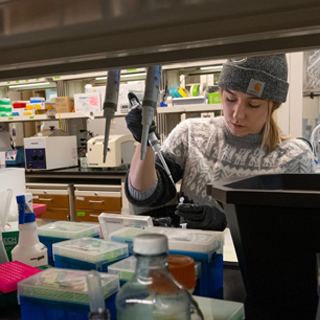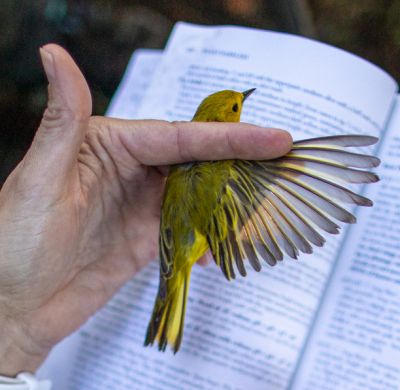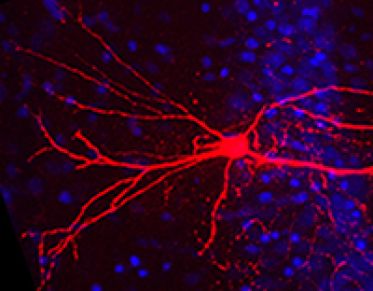Explore the Foundations of Life
Biological Science: the study of all living things. From the intricacies of cellular structure to ecological diversity, neurochemical behavior, and beyond. Whatever your goals, a degree in Biological Sciences will provide you with the insight and tools to confront the complexities of life. The Division of Biological Sciences (DBS) is committed to excellence in research, diversity and inclusion, and to training the next generation of scientists and leaders in the life sciences field.
Life Worth Studying
Dream big! Our Biological and Biomedical Sciences degrees and faculty will guide you there. With over 10 Majors, Minors, Concentrations, and Certifications, your future is wide open and your potential to make a difference is real.
Explore Biological and Biomedical Sciences at UM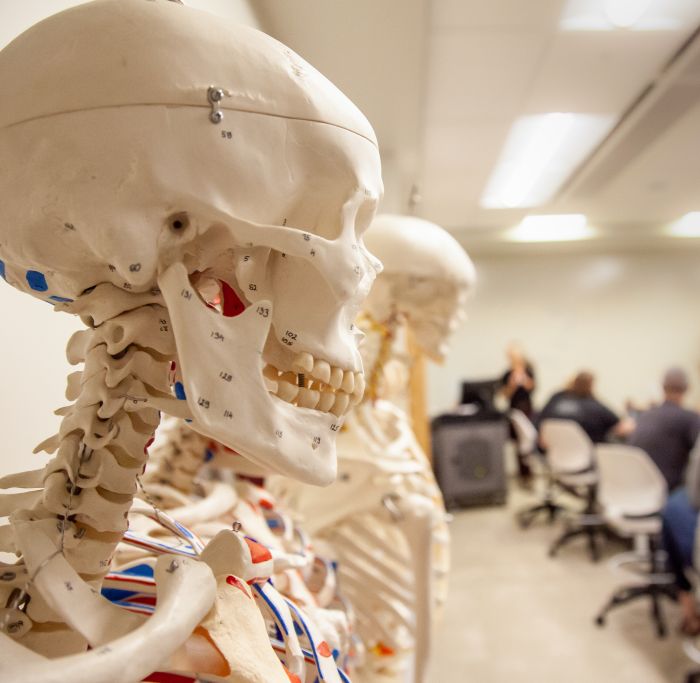
The ultimate in personalized medicine!
Studying Human Biological Sciences will not only satisfy your curiosity about human health and disease, but also prepare you for diverse career paths in medicine, dentistry, public health, biomedical research, biotechnology, pharmaceuticals, education, life science communications, and health policy.
Explore Human Biology at UM
Concerned about who might get voted off the planet?
Study Ecology and Organismal Biology to explore and understand how living organisms and their environment are interconnected. Equip yourself with the skills to contribute to conservation and sustainability efforts no matter where your future takes you.
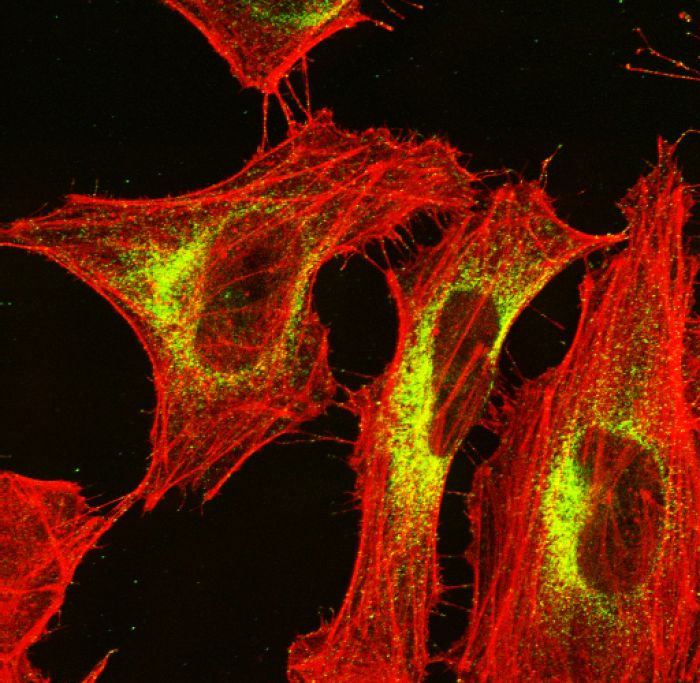
Think lab coats are a fashion statement? Here's your runway!
Our Cell and Molecular Biology students are obsessed with understanding how organisms and organs function at the cellular and molecular levels, a perspective that paves the way for careers and impactful advances in medicine, biotechnology, and scientific research.
Explore Cellular Molecular Biology at UM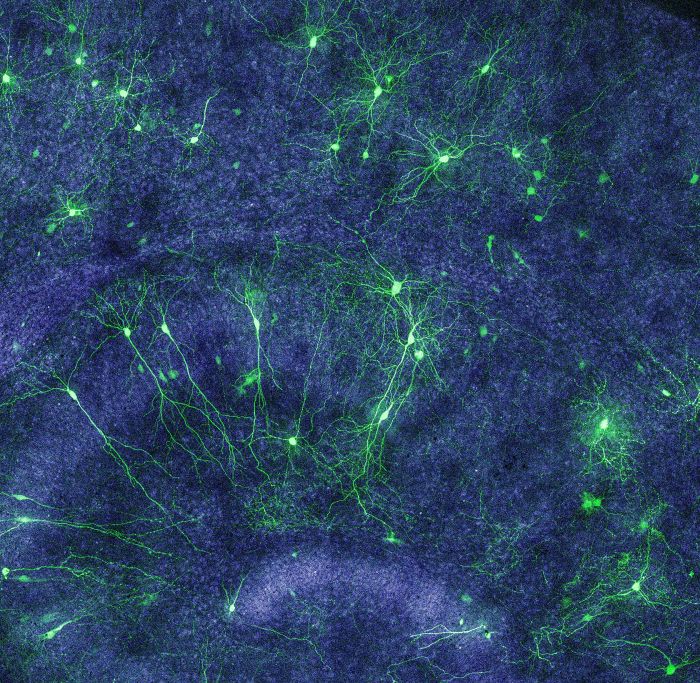
They say it’s all in your head!
Neuroscientists agree - learning about the brain and nervous system from many different perspectives gives our Neuroscience students a deep understanding of the biological basis of behavior, cognition, and neurological disorders, with applications ranging from medicine to artificial intelligence. Who knows what neuroscientists will do next?
Explore Neuroscience at UM
Mother Nature’s ultimate game of survivor
Studying Genetics and Evolutionary Biology will help you explore and understand the mechanisms behind inheritance, biodiversity, adaptation, and the history of life on earth and apply that knowledge to challenges ranging from genetic disorders to conservation to emerging diseases.
Explore Genetics and Evolution at UM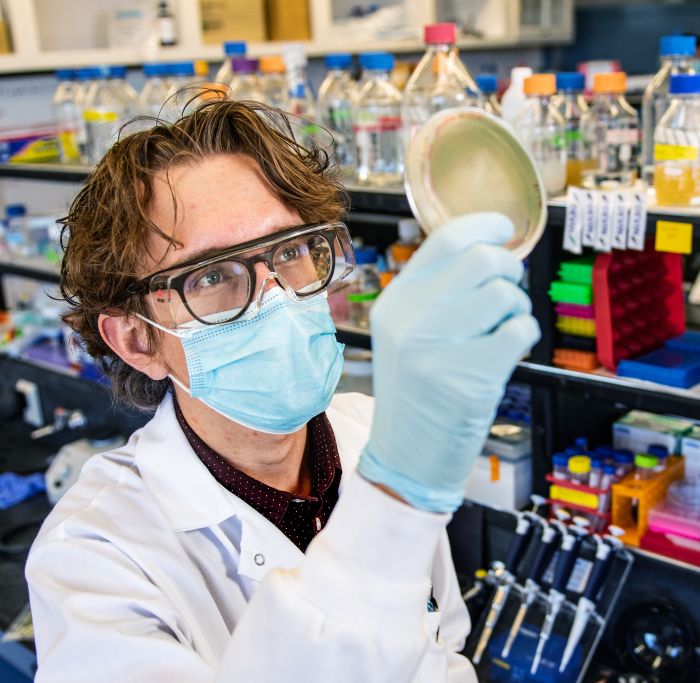
Microorganisms - a great promise or a real threat
Studying Microbiology provides an understanding of the unseen life forms that play crucial roles in health, disease, and environmental processes. Develop life-saving vaccines, protect our food and water supplies, or use microbes to degrade environmental pollutants - make an impact as a microbiologist.
Explore Microbiology at UMVideo: Why choose Biology at UM?
Laboratories and Field Sites for Hands-on Training
Members of the National Academy of Sciences Teach Biology Here
UM Biology Graduate's Average Salary
Biology Student and Faculty Highlights
More UpdatesOur Commitment to DEI
The Division of Biological Sciences (DBS) seeks to better understand living systems, and we believe that fostering a diverse and inclusive environment is critical for this mission. Voices in academia—and particularly in Science, Technology, Engineering, and Math (STEM) fields—have historically lacked diversity, due to a well-documented history of exclusion and active discrimination. The DBS faculty at the University of Montana affirm our collective responsibility to reverse this history of exclusion by creating a space of inclusion that welcomes people from diverse backgrounds and identities. Notably, the University of Montana was formed in the aboriginal territories of the Salish and Kalispel people. We acknowledge the historical underrepresentation of Indigenous peoples in scientific research, and we strive to correct this wrong. By promoting diverse representation across career stages in the DBS, we aim to build a better research community.
We commit to the following:
Creating an environment where all are respected and accepted, regardless of race, nationality, ethnicity, culture, personal beliefs, gender, sexual orientation, disability, or socioeconomic status.
Implementing actions to recruit students, faculty, and staff from underrepresented groups. We also commit to implementing actions to retain diverse scientists across career stages, which is crucial given that representation of minority scientists declines with career stage, including in our own disciplines (Rushworth et al. 2021, Evolution).
Promoting inclusivity in our undergraduate and graduate curriculum.
Providing training and learning opportunities that enable us to learn about historical exclusion in STEM, and how to better promote inclusivity.
Supporting a committee focused on Diversity, Equity, and Inclusion with representation across career stages.
